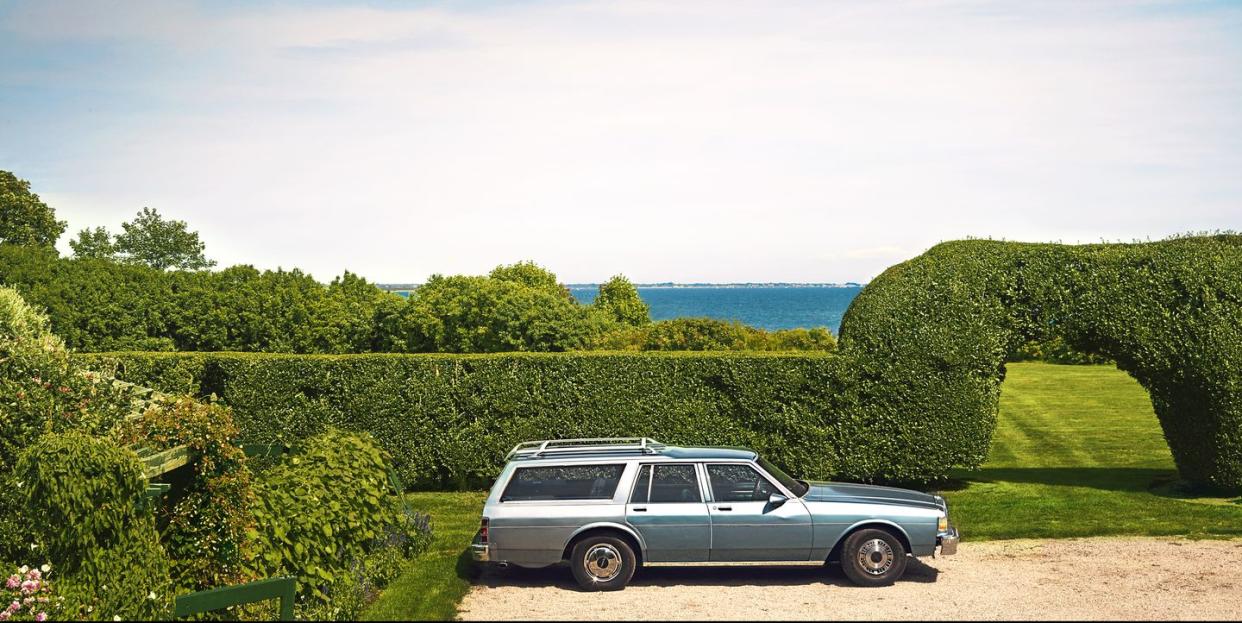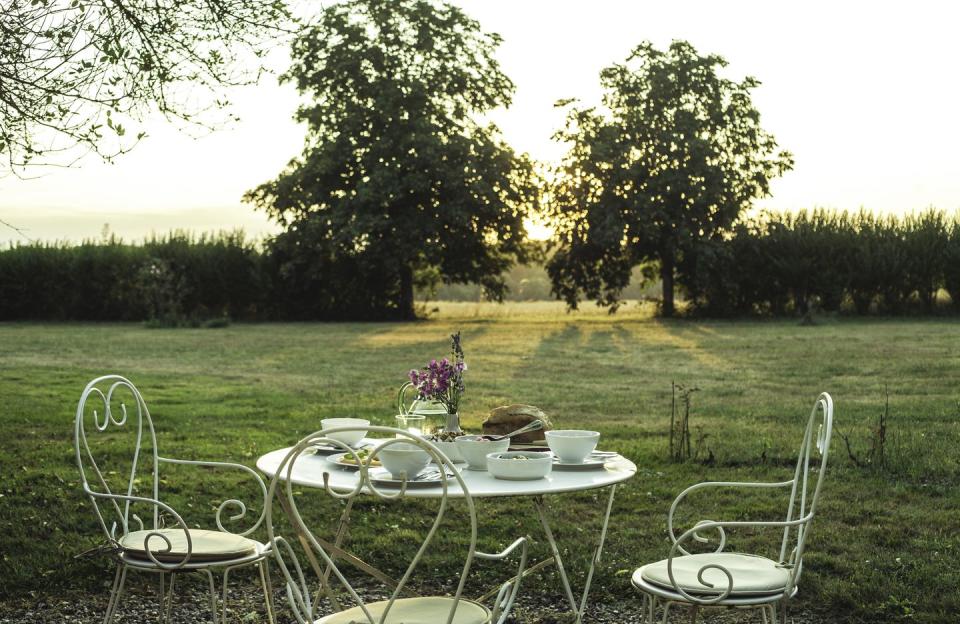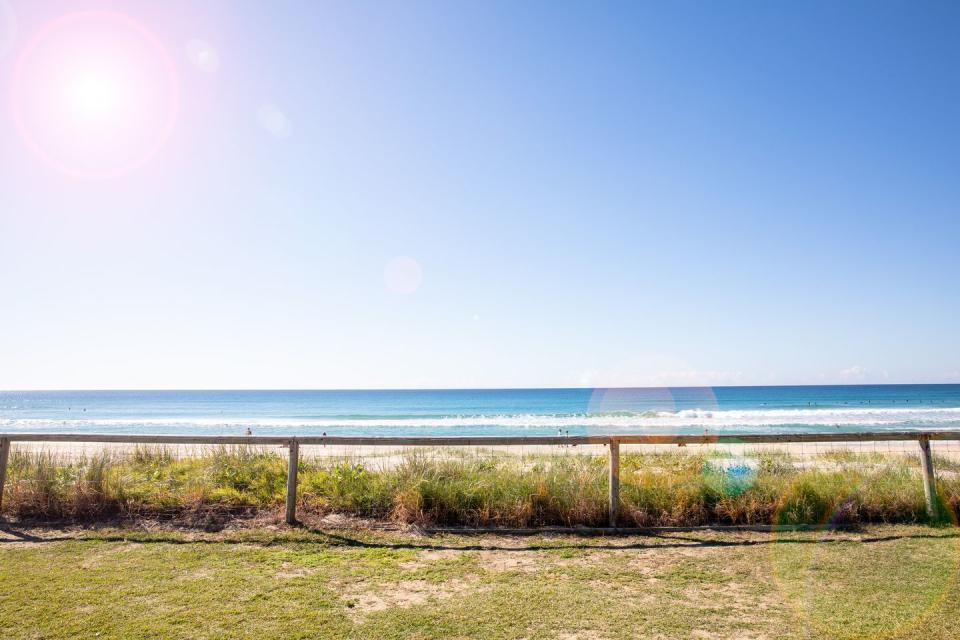There Are No Weekends Any More: How the Pandemic Has Rearranged Time

“What day is it?” the 20-year-old asks. She genuinely can’t recall whether we are in a Tuesday or Wednesday or Thursday. She is far from the college she loves and from the friends who give her life shape and danger and excitement, and she wants only to get back to them.
Her father can’t recall what day it is either. Or, at least, it takes him, me, a full beat to remember. The shape of the week has passed away, and with it the old pleasurable and shapely roller coaster of working days and weekends.
Scarcely two months ago the story was so predictable, the narrative so known. Hard Mondays, even Tuesdays, pleasurably ordinary Wednesdays. And then the pure happi-ness of Fridays, their sense of release still carried over like a sum from elementary school days. Saturday mornings, sounding the week’s end, playing mischief like a Paul Desmond sax solo, calm and happy and bright.

Many wise and sapient social historians have written on the American cult, and invention, of the weekend. It was only in the 1920s that the five-day work week began to take hold as an American innovation, and only after the Second World War that it became commonplace. And with it came eagerly a set of rituals. Saturday night became its own subject. Sunday morning could become the name of a television genre, a radio program, the quietly earnest cultural moment.
What we have to replace that sweet suite of days is now structure within each day. There are no more weeks or weekends—but the articulation of time within each day has become more specific and eloquent than ever before. We have traded the shape of every week for the architecture of the hours. Each day now contains its own week. There is diligent, dreary Monday at 9 a.m.; earnest Wednesday comes visible at noon; Thursday is 3 p.m., your time to work out, when you have almost come to like the working week. Each day has a Friday of its own at 6 p.m., when the wine opens and cooking starts, and Saturday night comes at 7:30 p.m., with dinner. The hues of a day’s solitude are defining themselves, with a distinction that gives at least a shape, and sometimes the hint of meaning, to our time inside.

We are learning lessons learned long ago by hermits and prisoners. First, that we can own our days. I have been rereading the 1949 memoir of the American monk and mystic Thomas Merton, Elected Silence, whose point is that “withdrawal” into a monastery carried with it, paradoxically, more labor, more work, more connection than Merton’s life had had before. There is much not to like in Merton’s hunger for obedience, but much to recognize in his demonstration that as life simplifies, it actually becomes more intricately animated, that as we become aware of the presence of each minute, we become aware of the possibility of each minute. It’s the monk’s truth.
Next, we are learning that all we can own are days. By strange and serendipitous chance, much of my time in the months before the virus hit was spent with formerly incarcerated people (for something I’m writing), and one lesson they teach is that no one can do a sentence by ever thinking of its end. You would go crazy—men do go crazy—thinking of the term of time. All you can “do,” as they say—all you can own—is the day in front of you. You can fill each with relearning, remorse, and even re-creation. But all you can serve is the day—in the double sense of serving the day up and of being the servant of the day.
We live in our days, and our days become our weeks, and our lives. Sixty or so years ago, the great American poet and critic Randall Jarrell wrote a poem called “A Man Meets a Woman in the Street,” and in it he buried a simple idea. Hearing birds sing their “piece” (called, he imagines, “Birds Beginning Day”), he realizes that whereas human beings wish always that each day may be different, the birds above are wishing, “as birds wish—over and over,/With a last firmness, intensity, -reality—/‘May this day be the same!’ ” The birds want each day to be the same because there is safety for potential prey in sameness: flight, hunt, return, nurture.
Men and women want days to be different because, predators by nature, we want to chase a new thing every day, or, if we cannot, we want a civilization, a city, built in the slightly hysterical, phantom image of such hunts: “I gotta get there!” “I can’t be late!” “Let’s try the new place, baby. I’m bored with all the old ones.”
Well, now suddenly we are prey, not predator. We have become birds more than men, wishing just to get through each unchanged day intact. What better place can birds find to spend the day of their life than the nest they built before night fell?
This story appears in the Summer 2020 issue of Town & Country. SUBSCRIBE NOW
You Might Also Like
